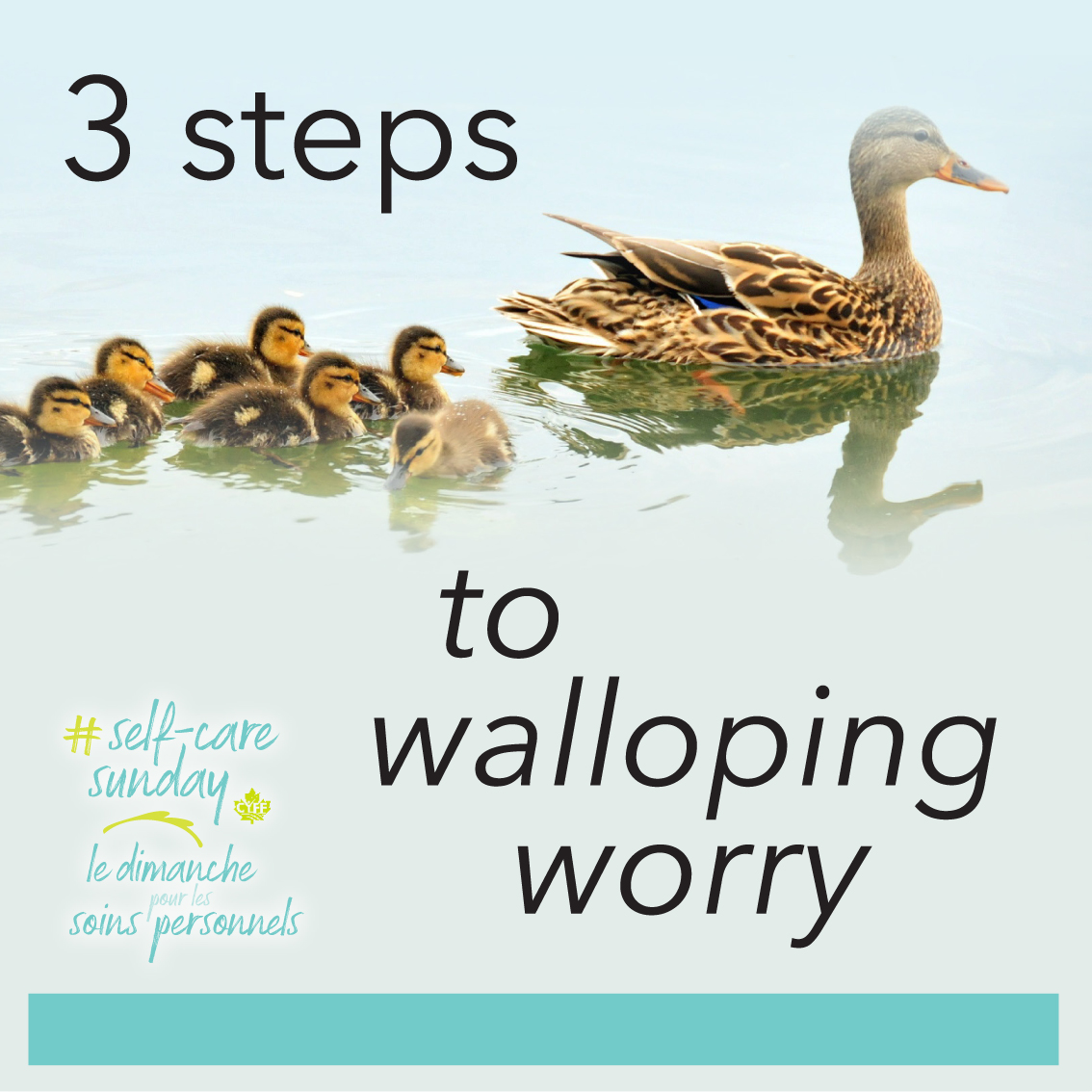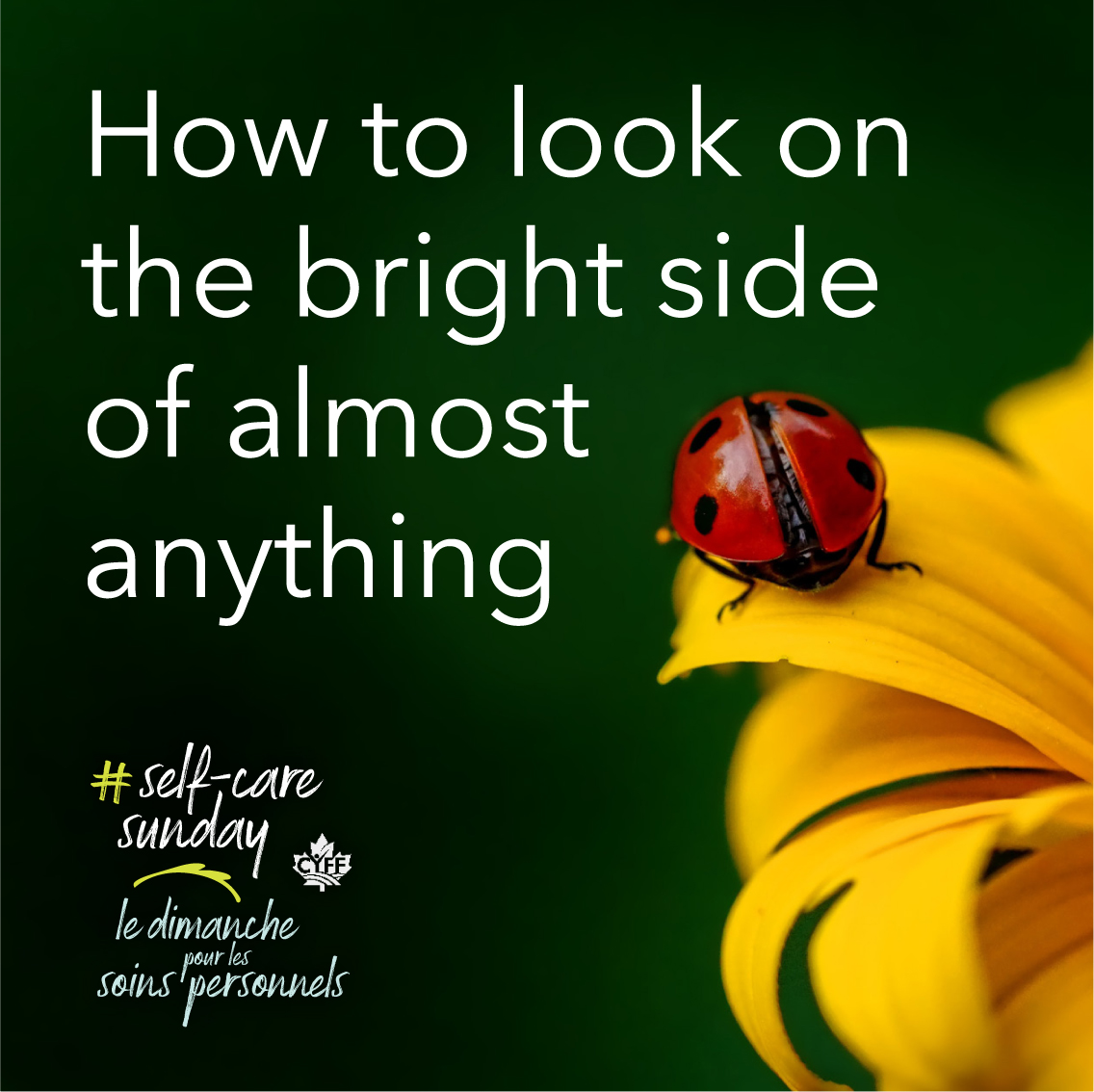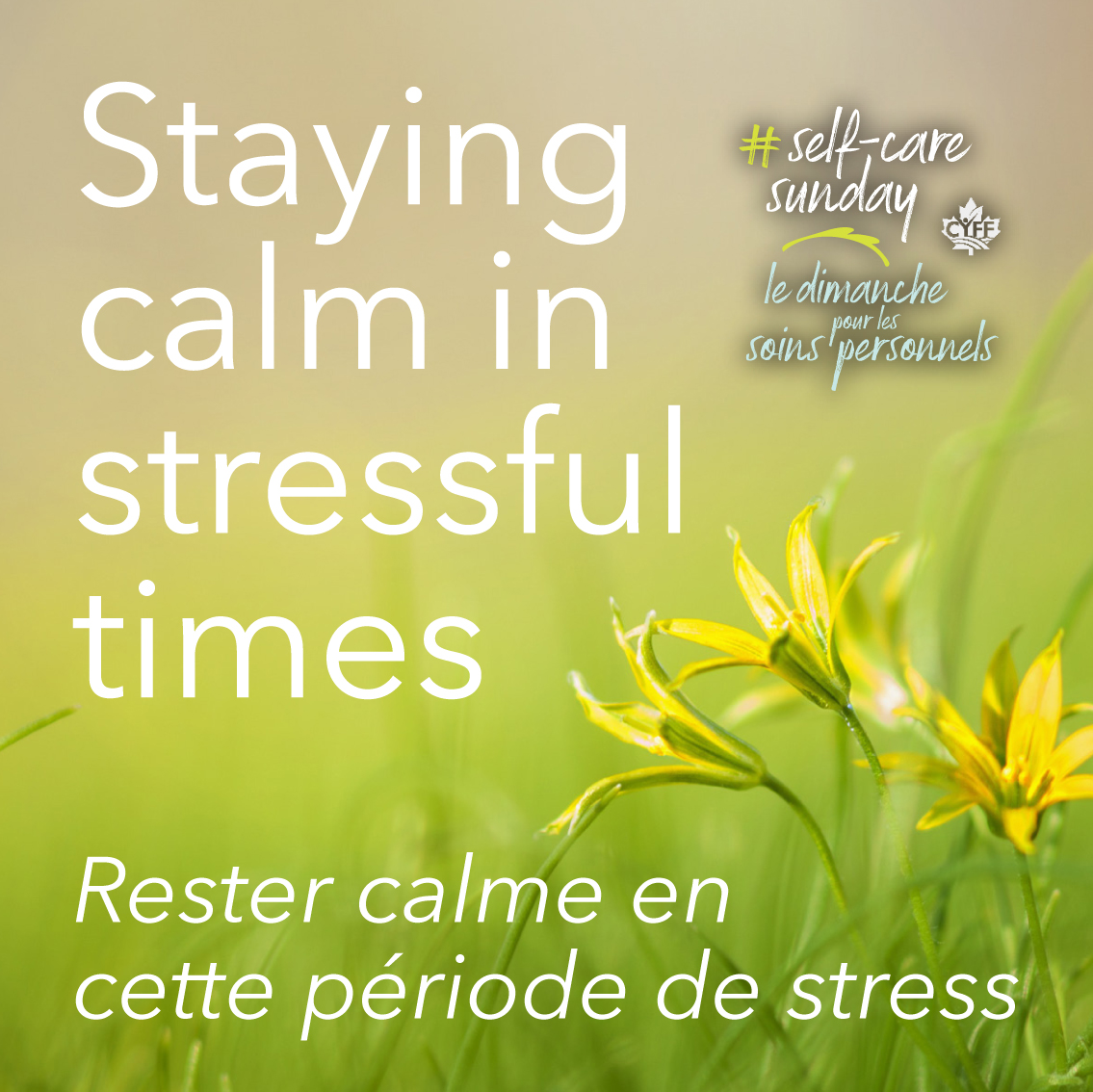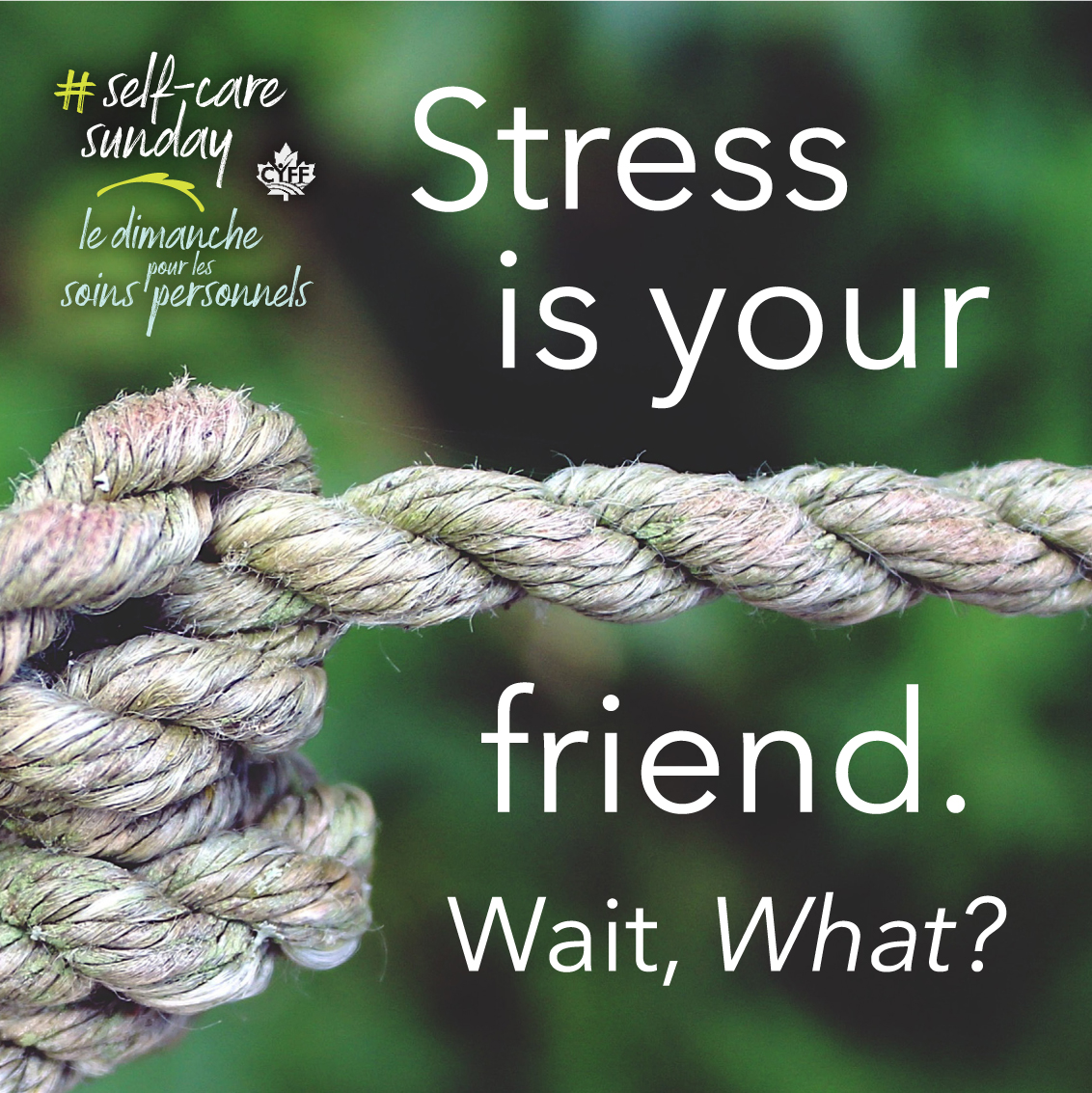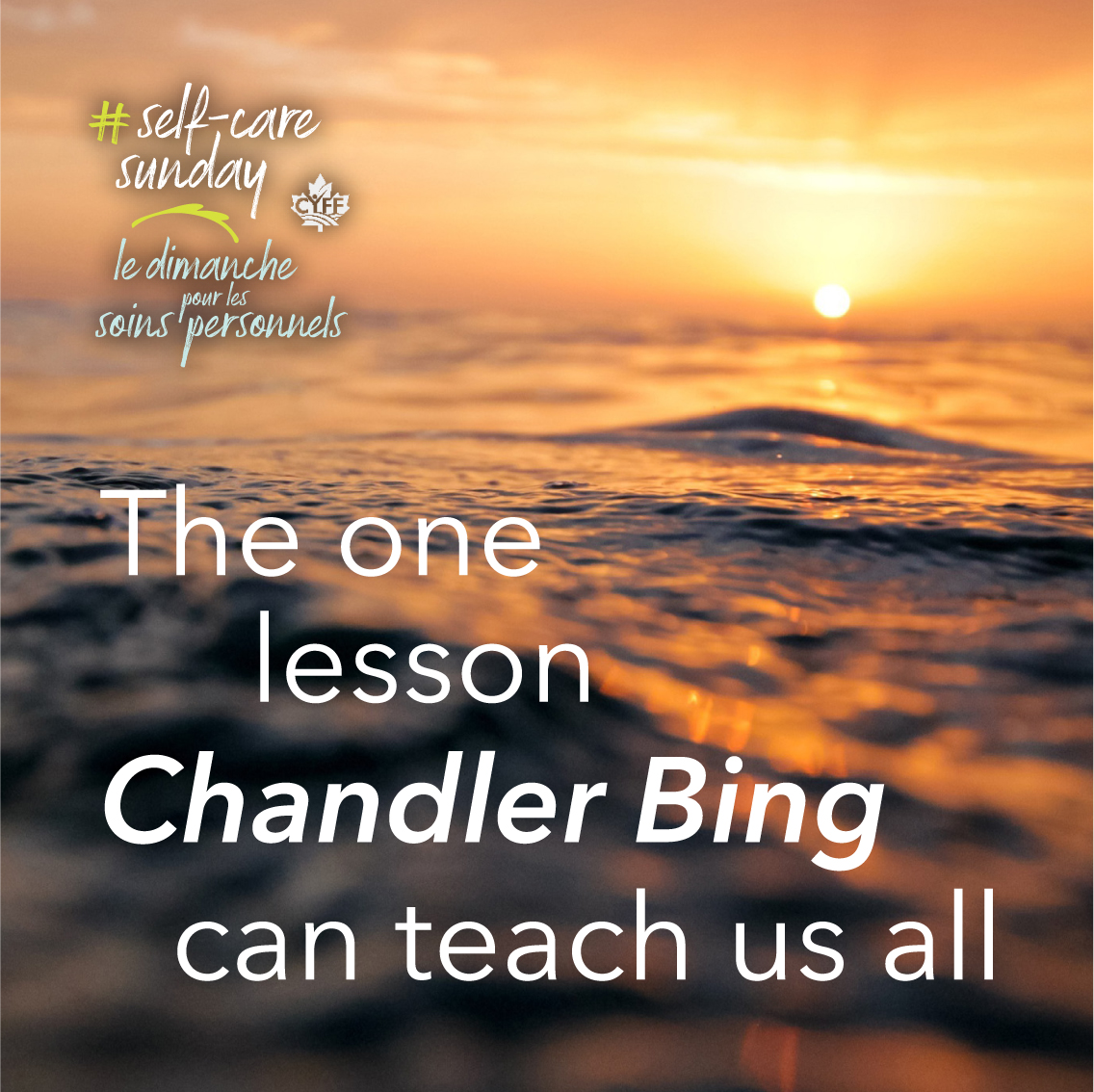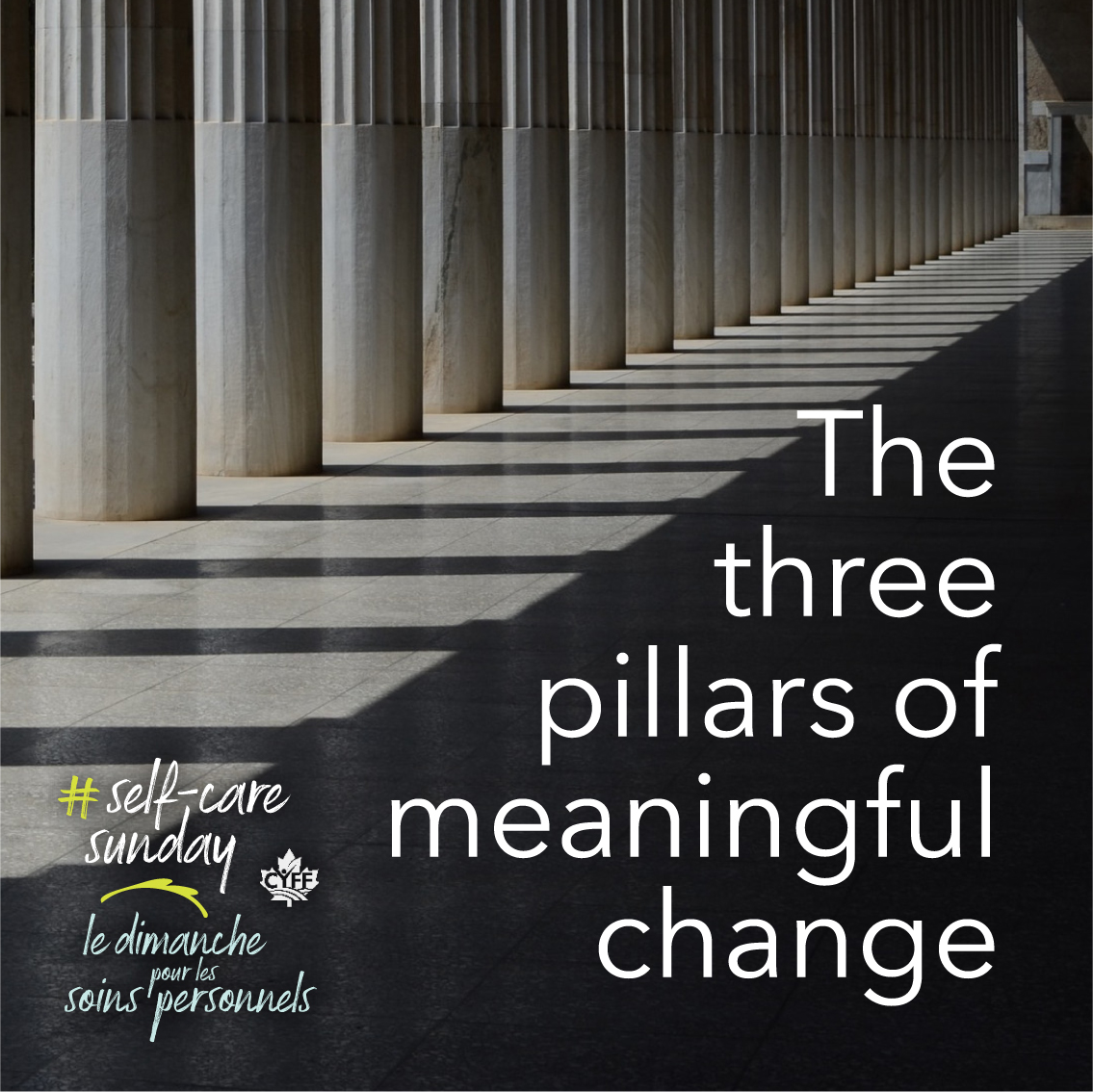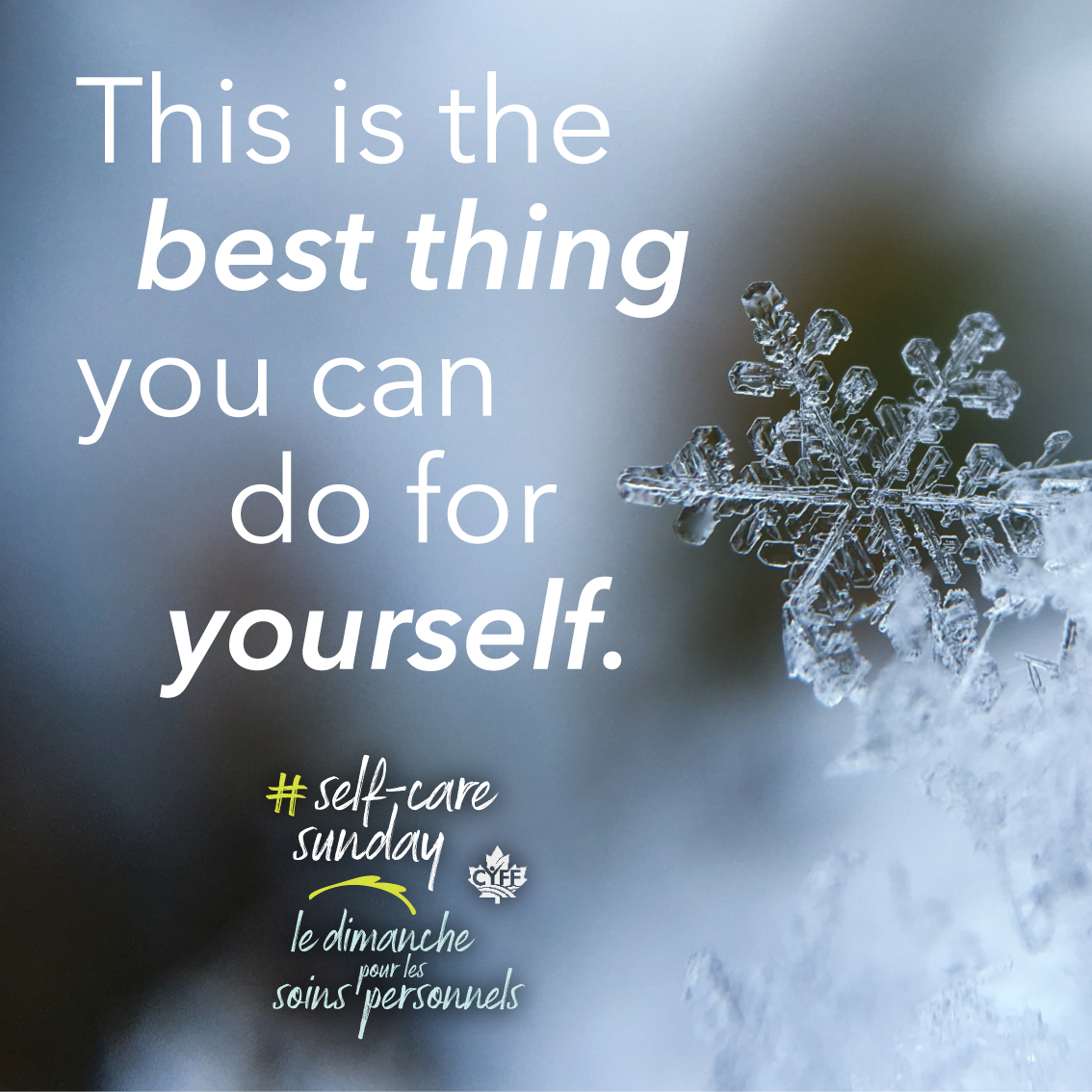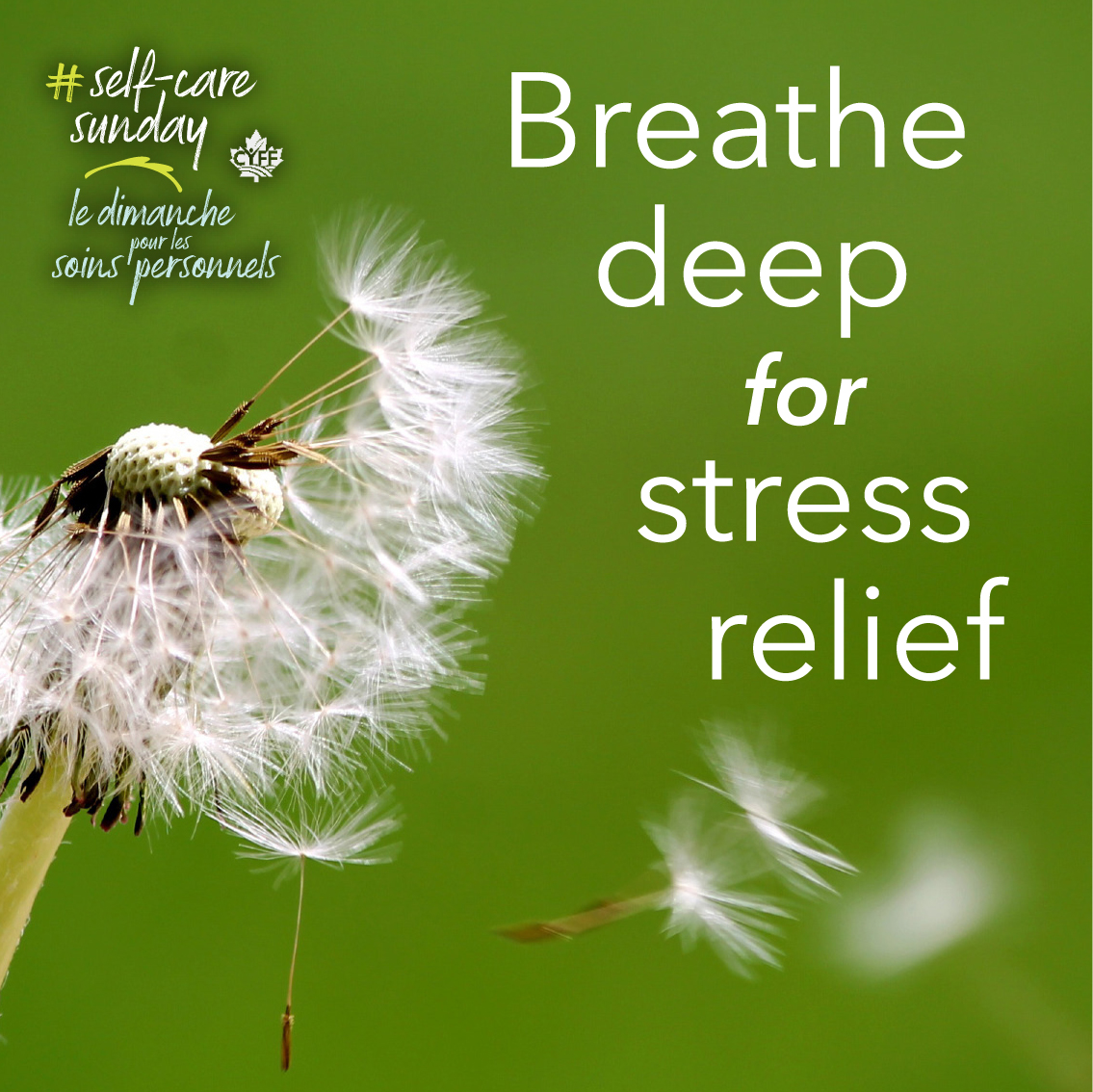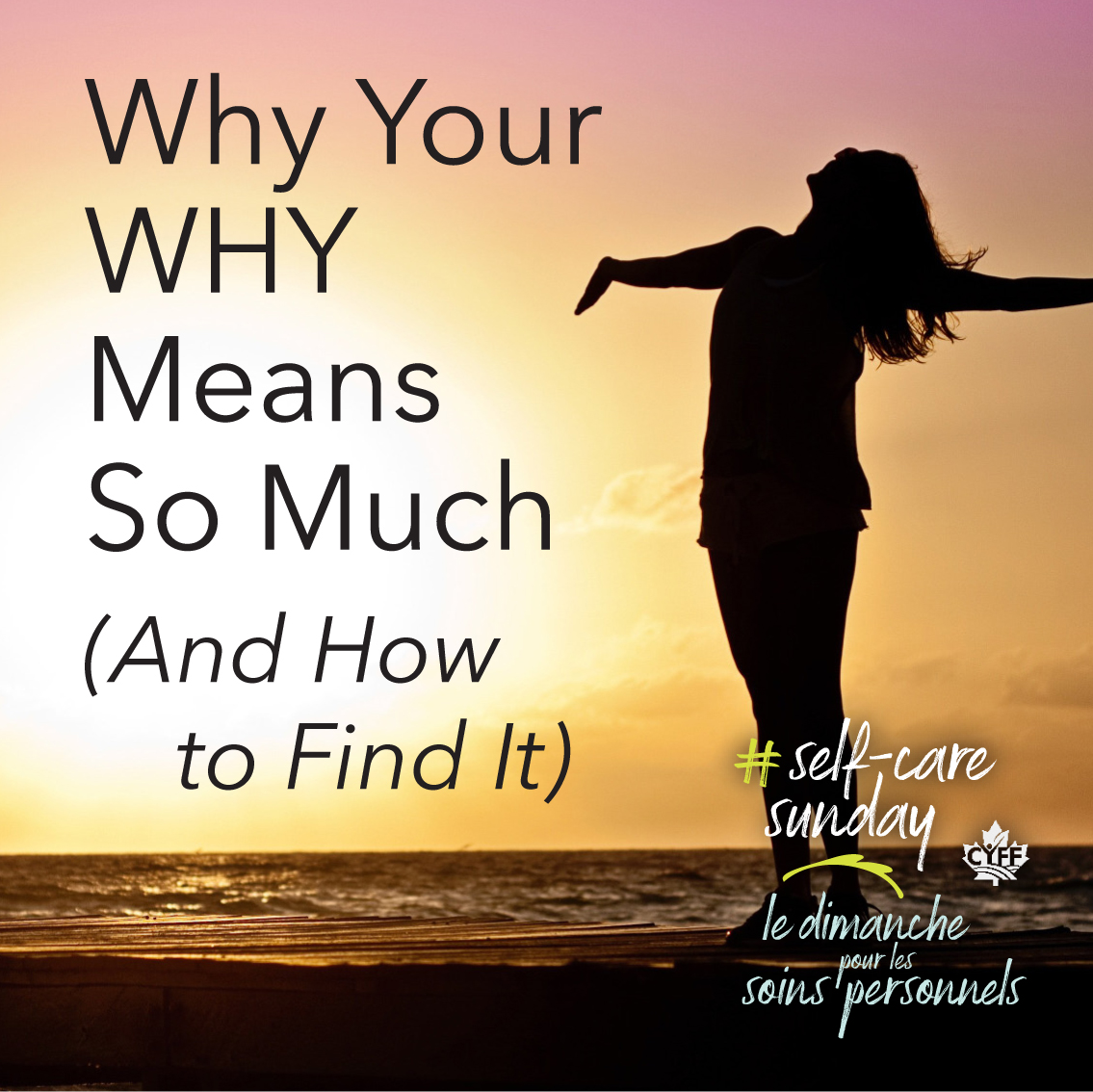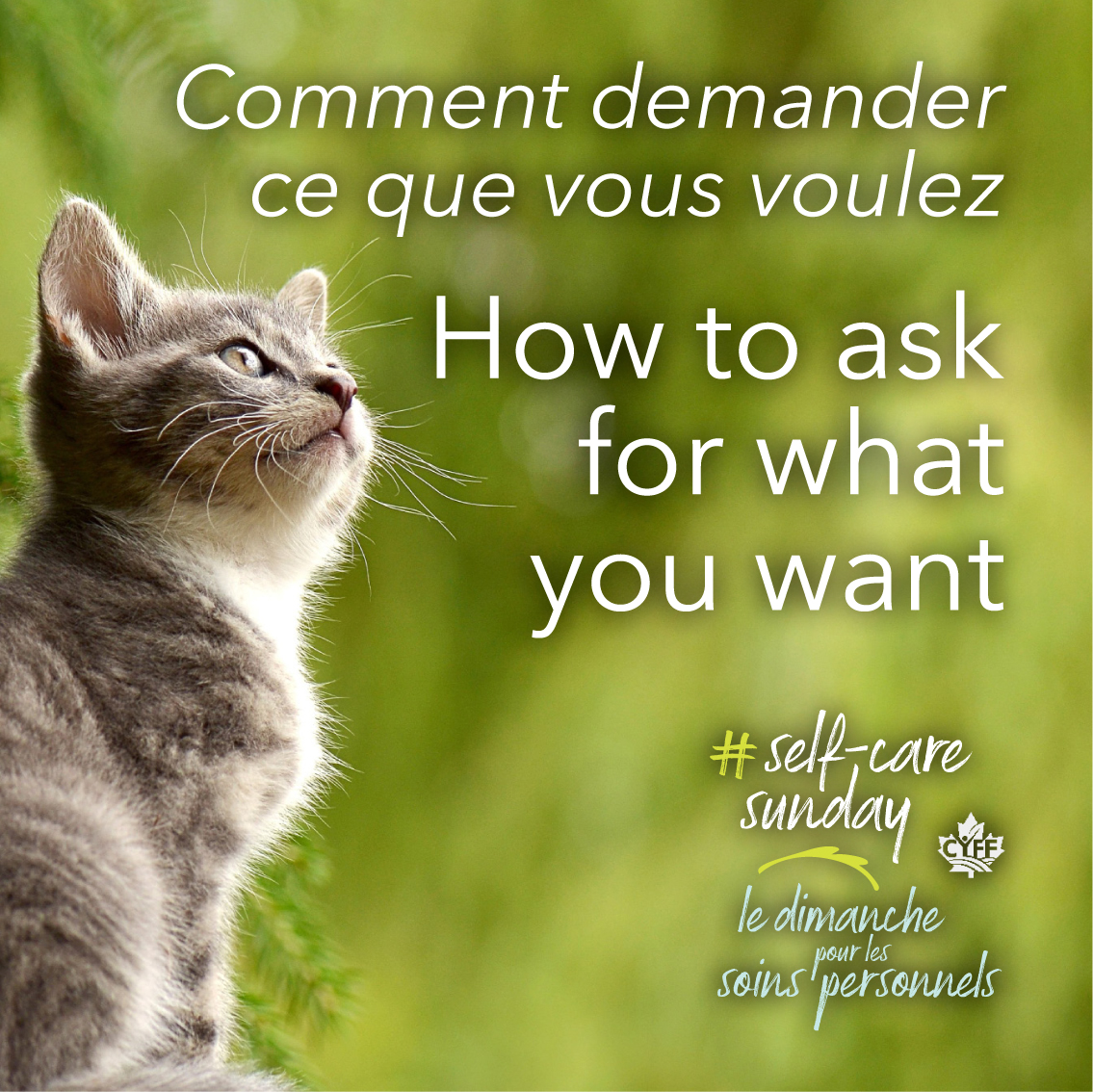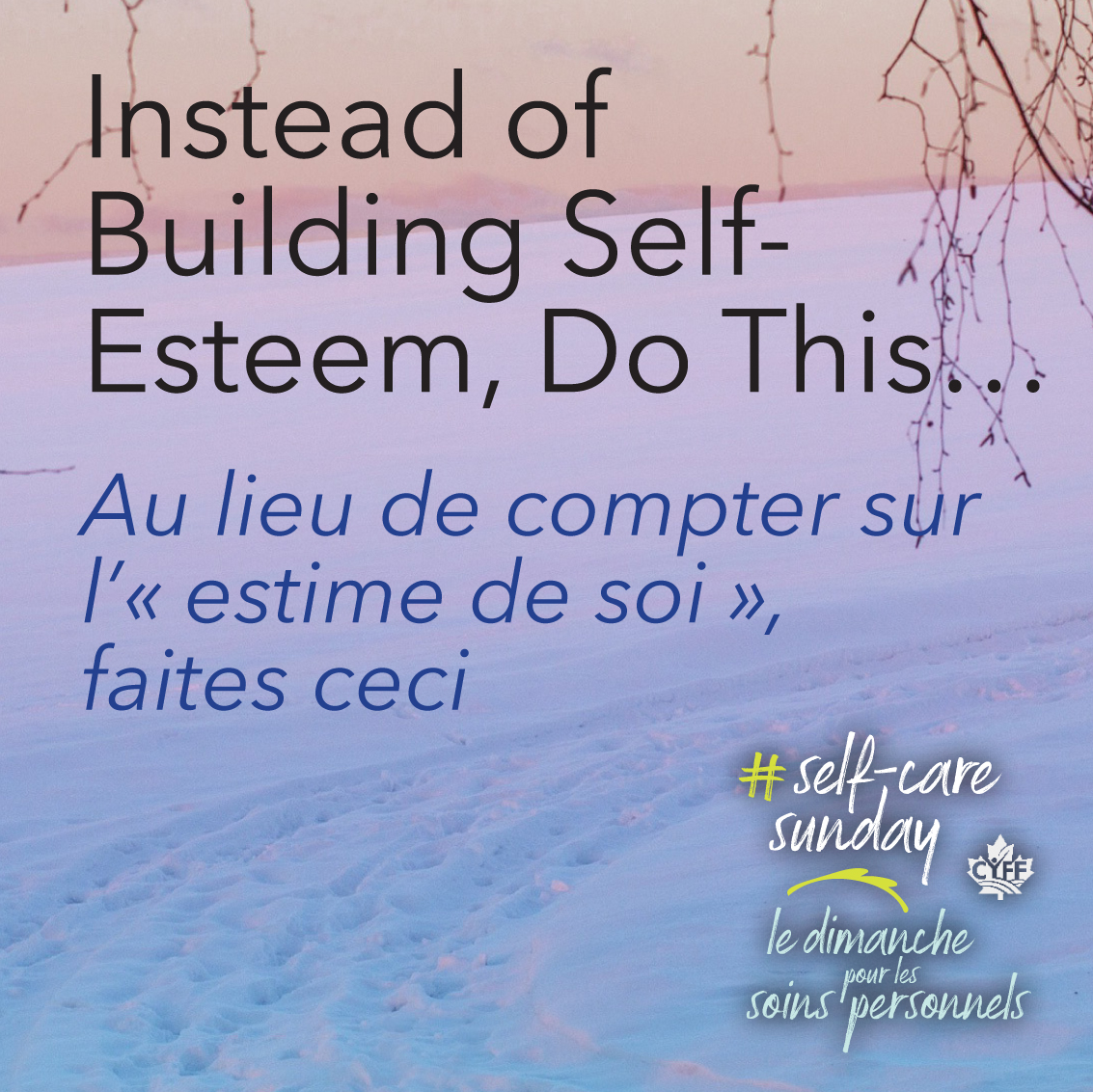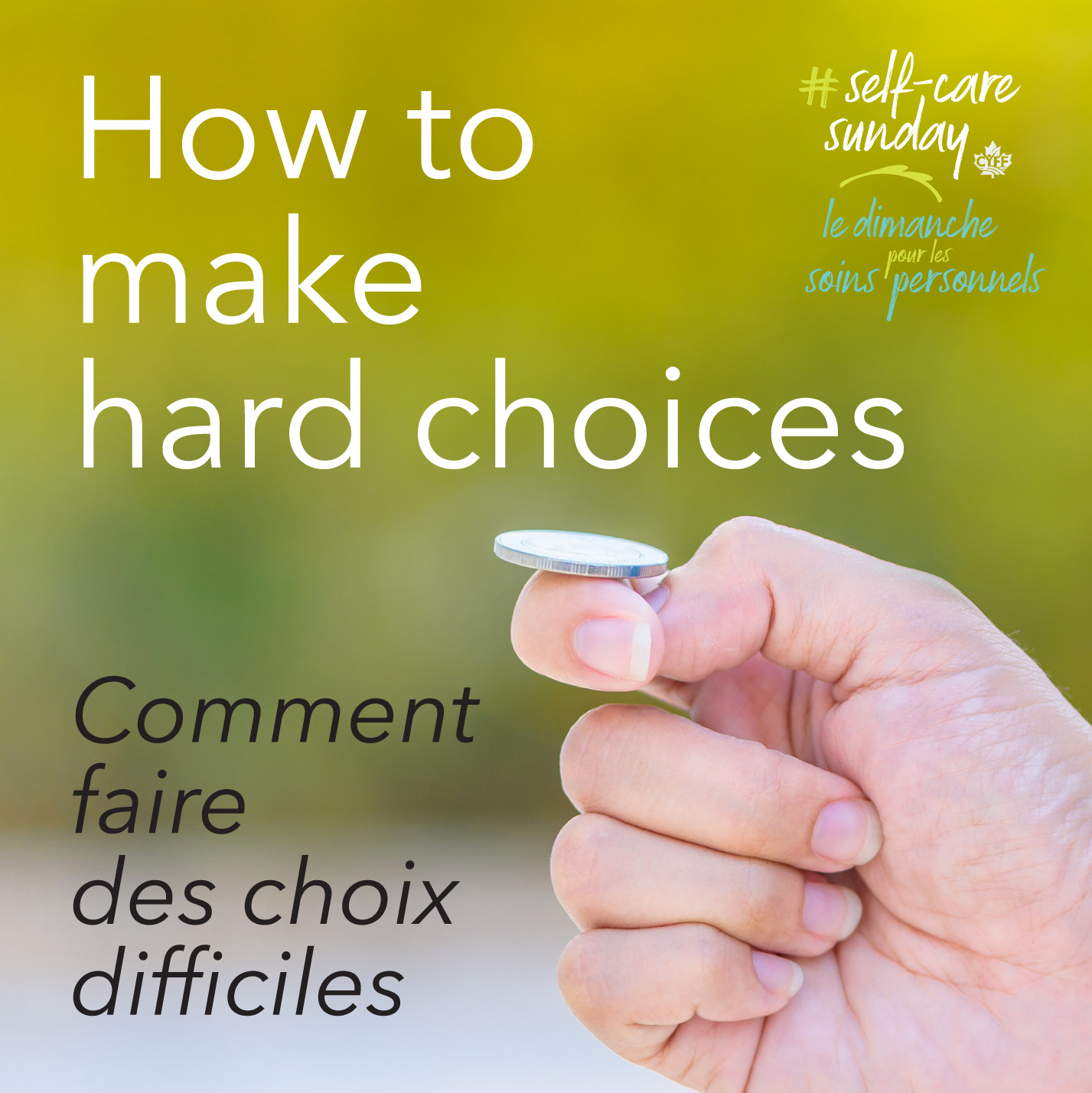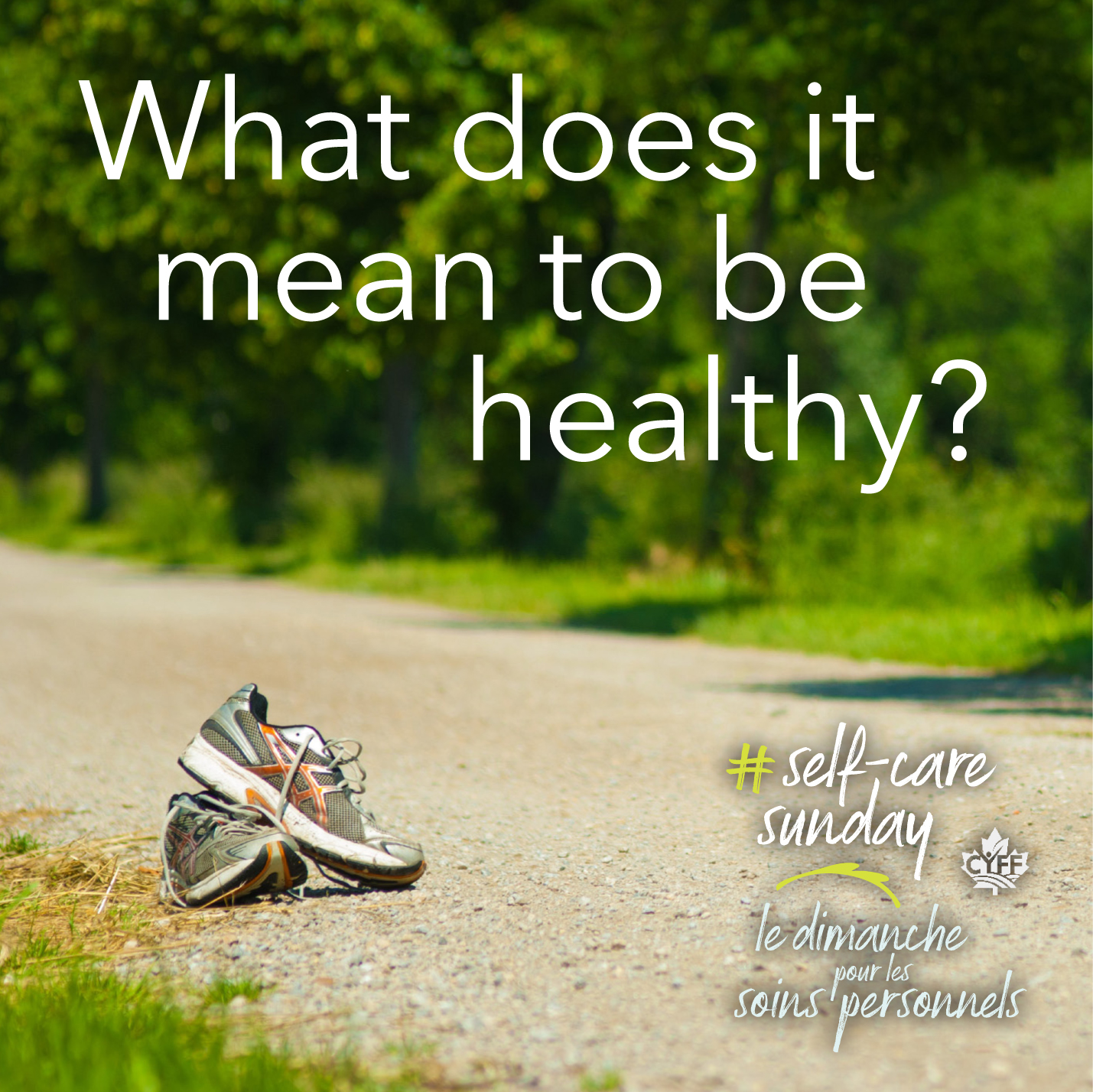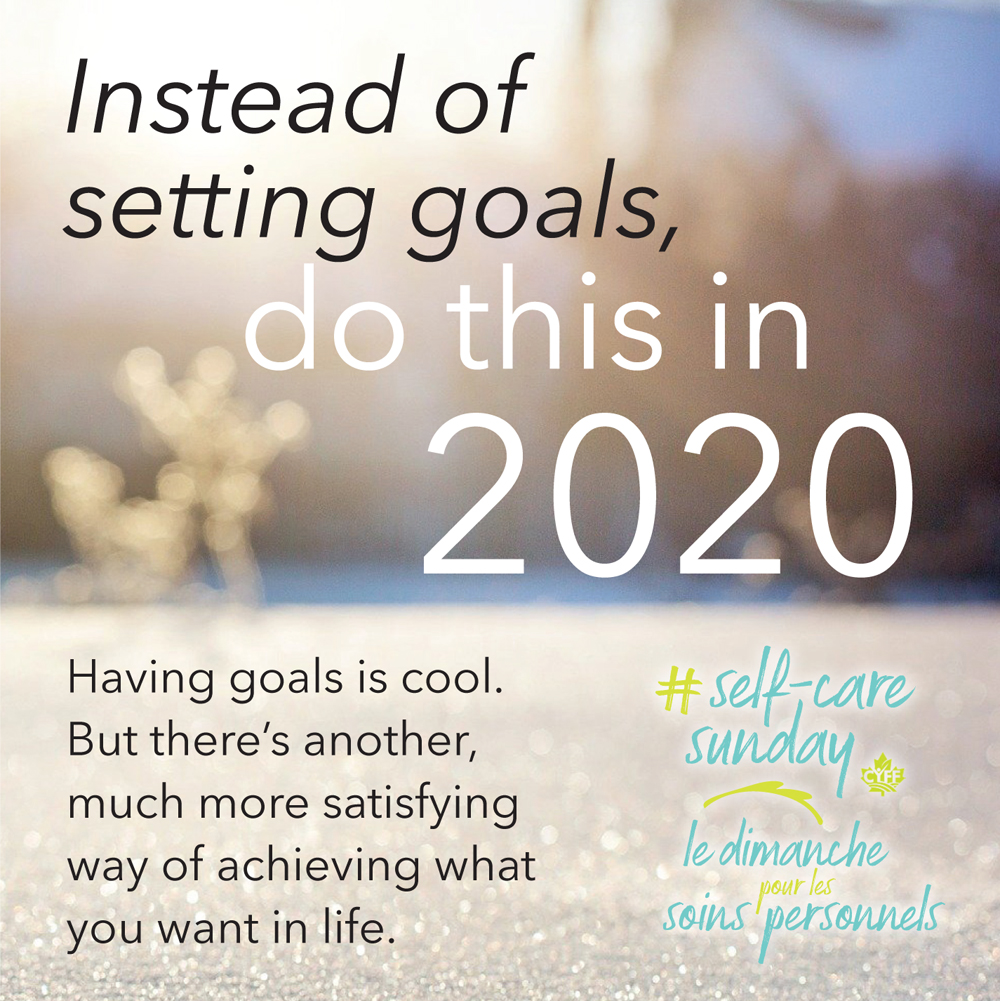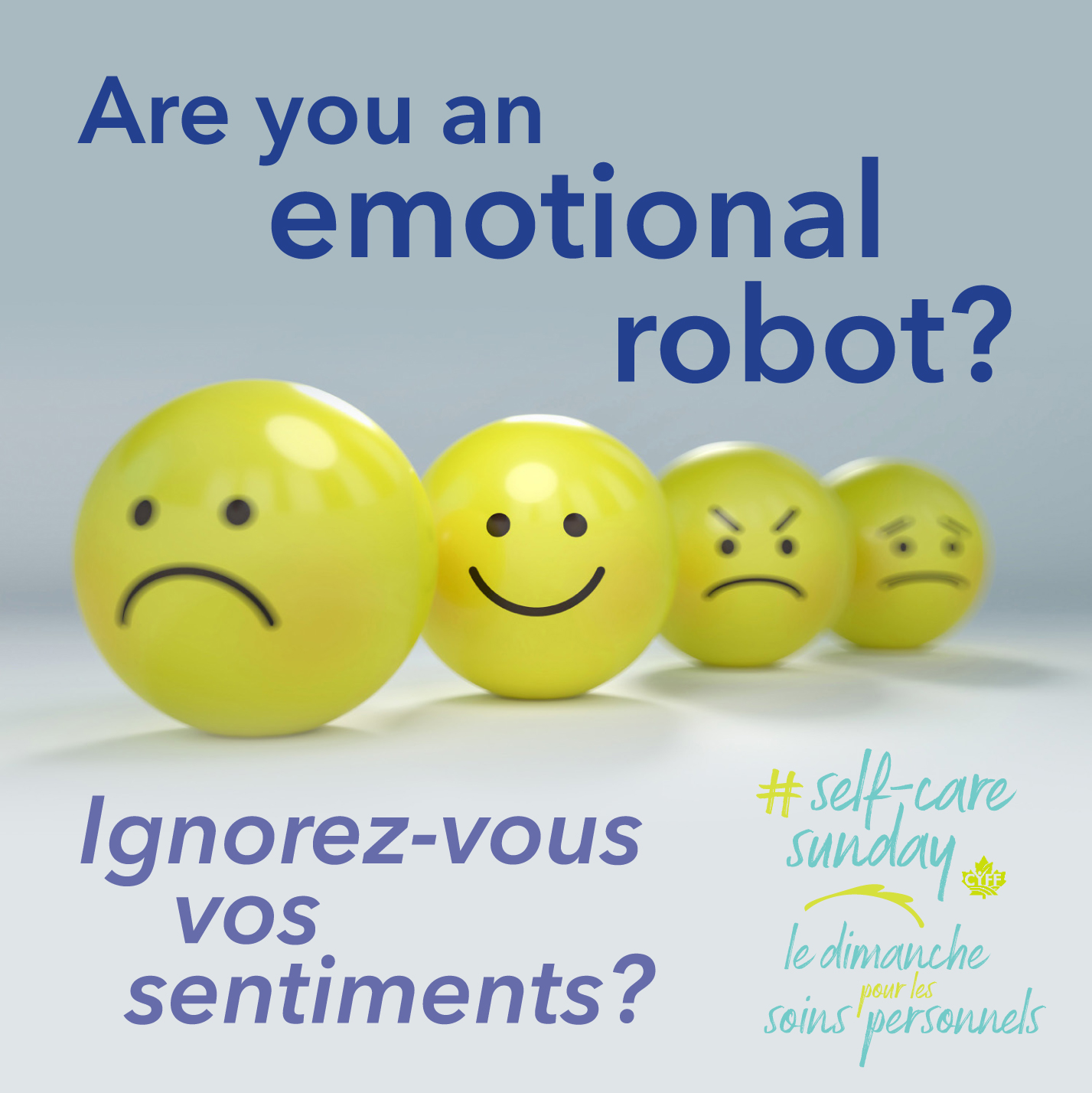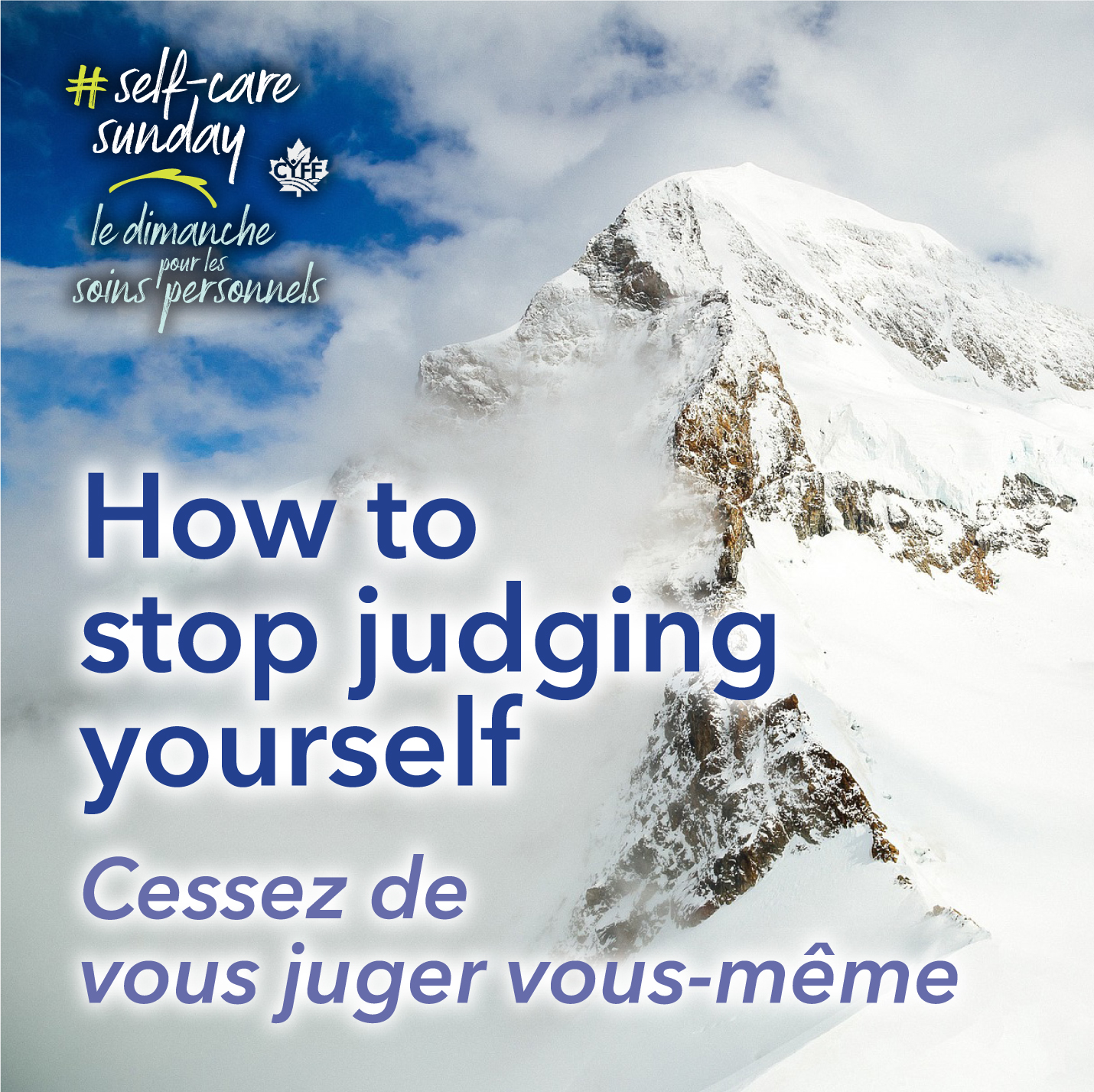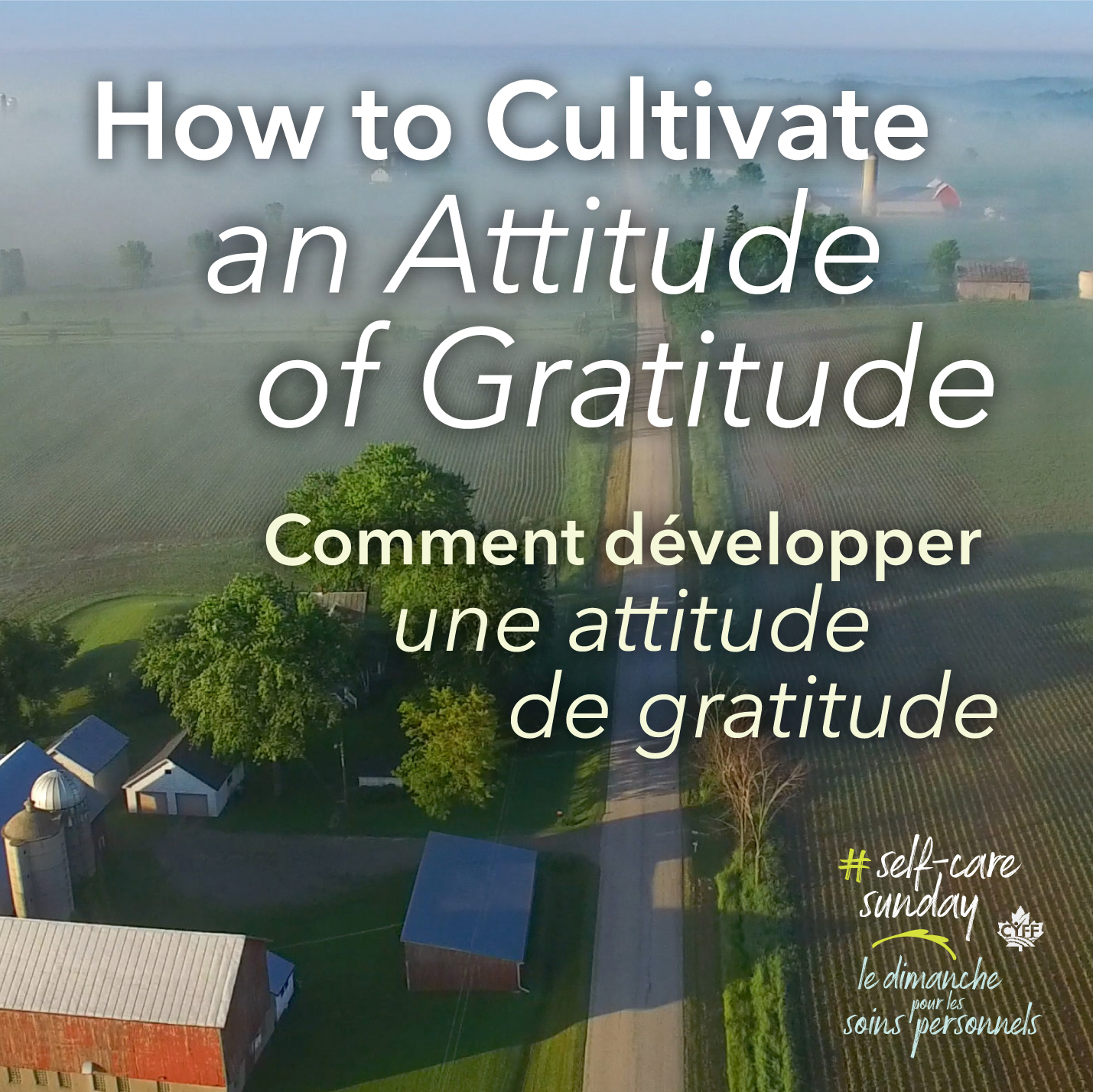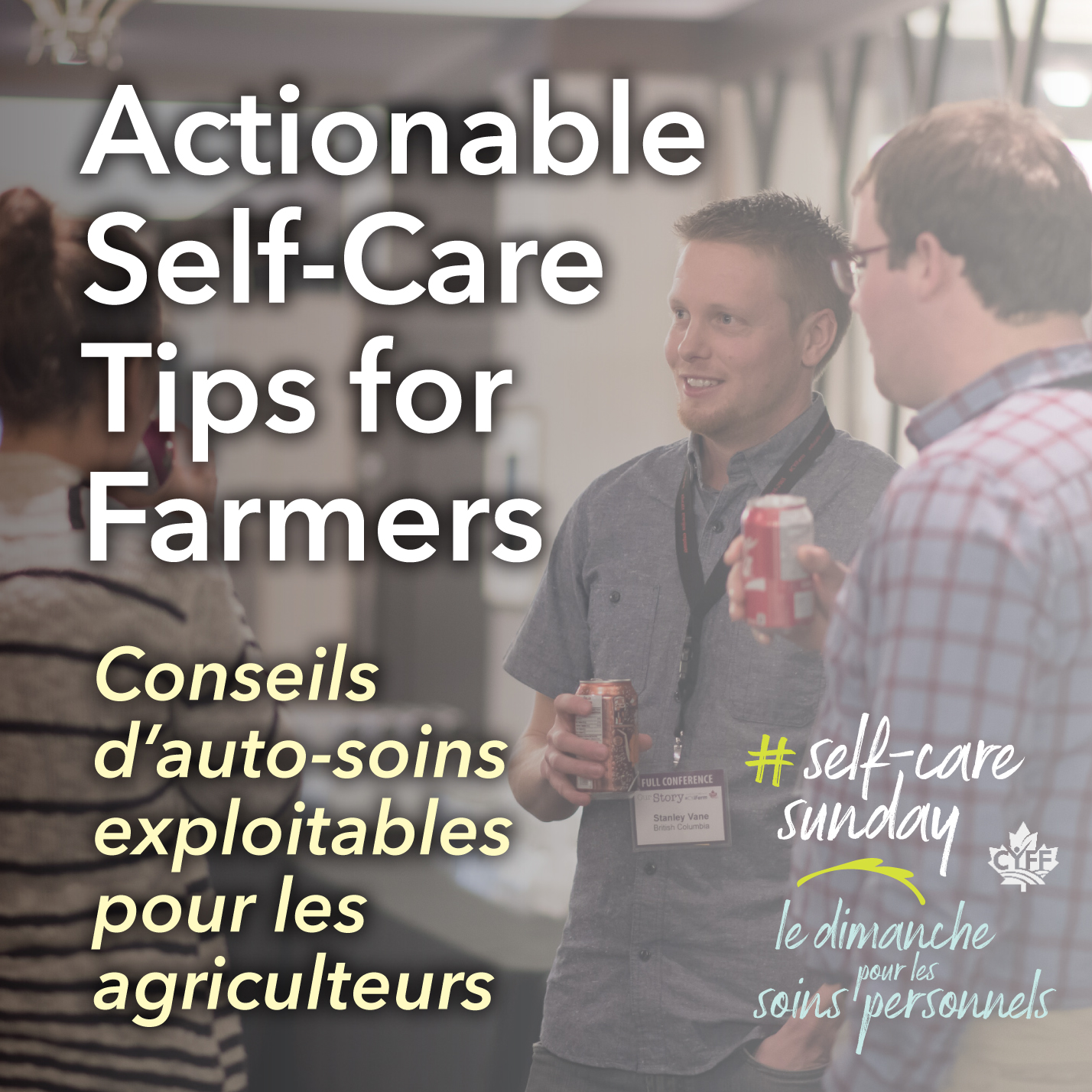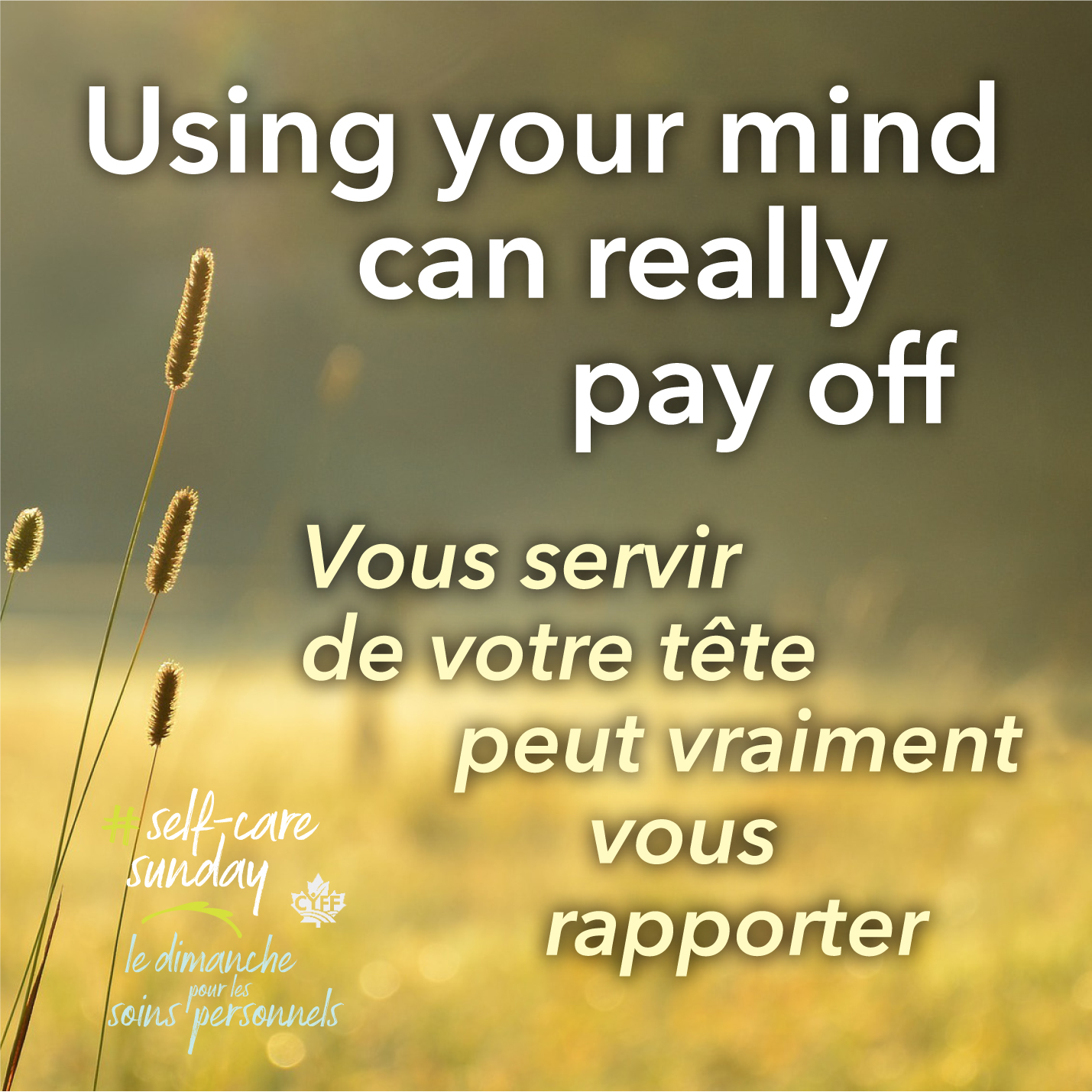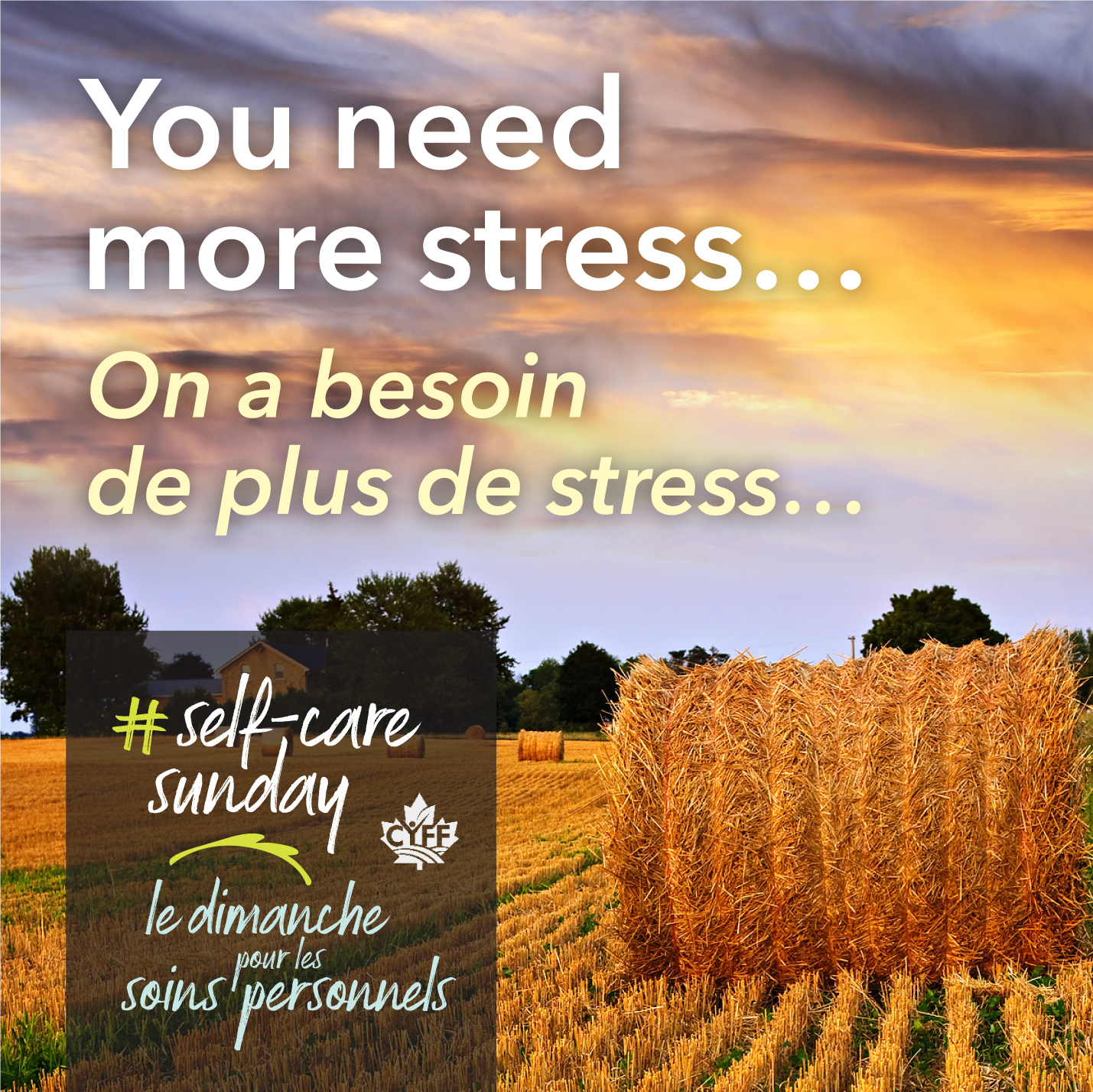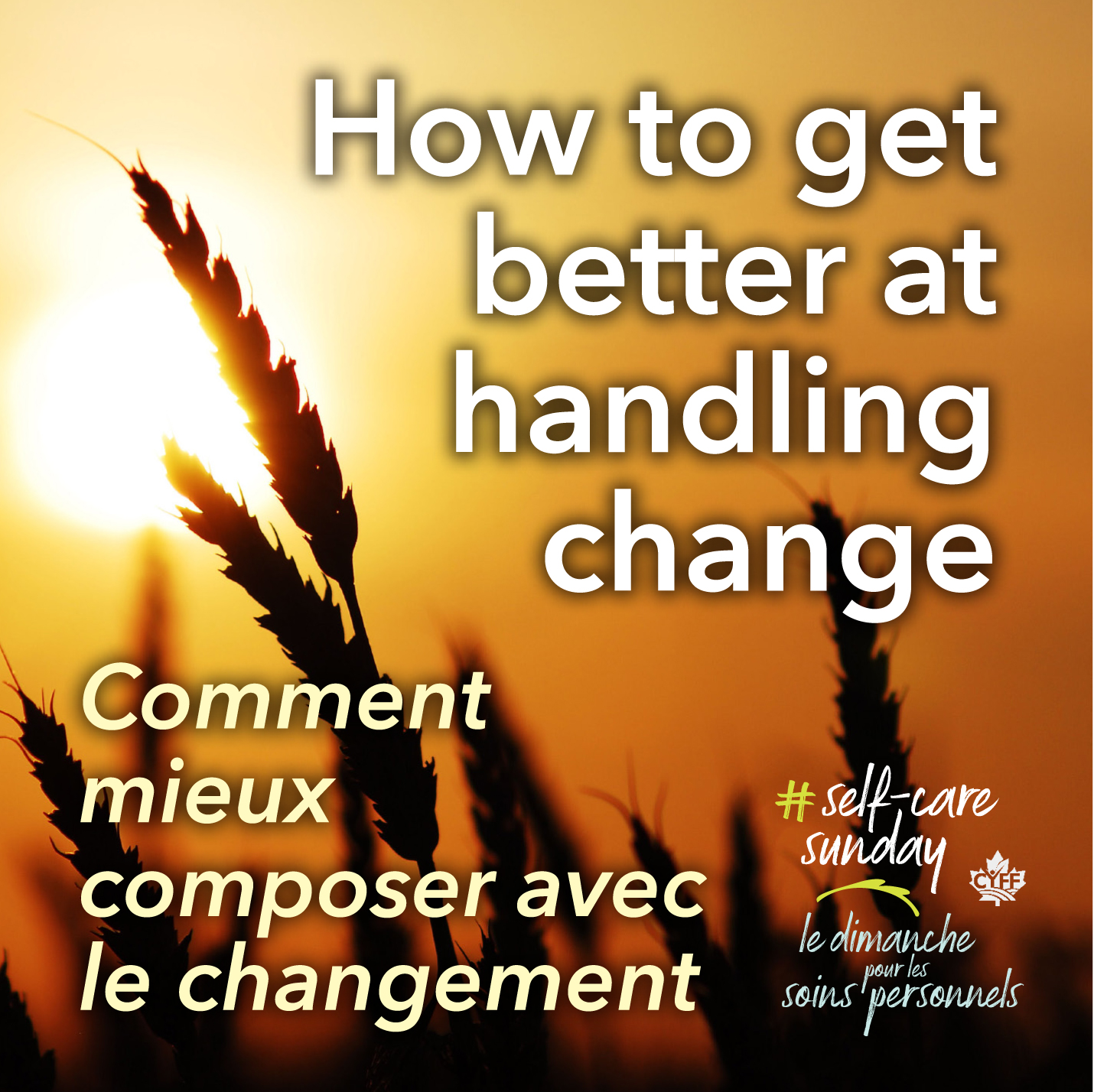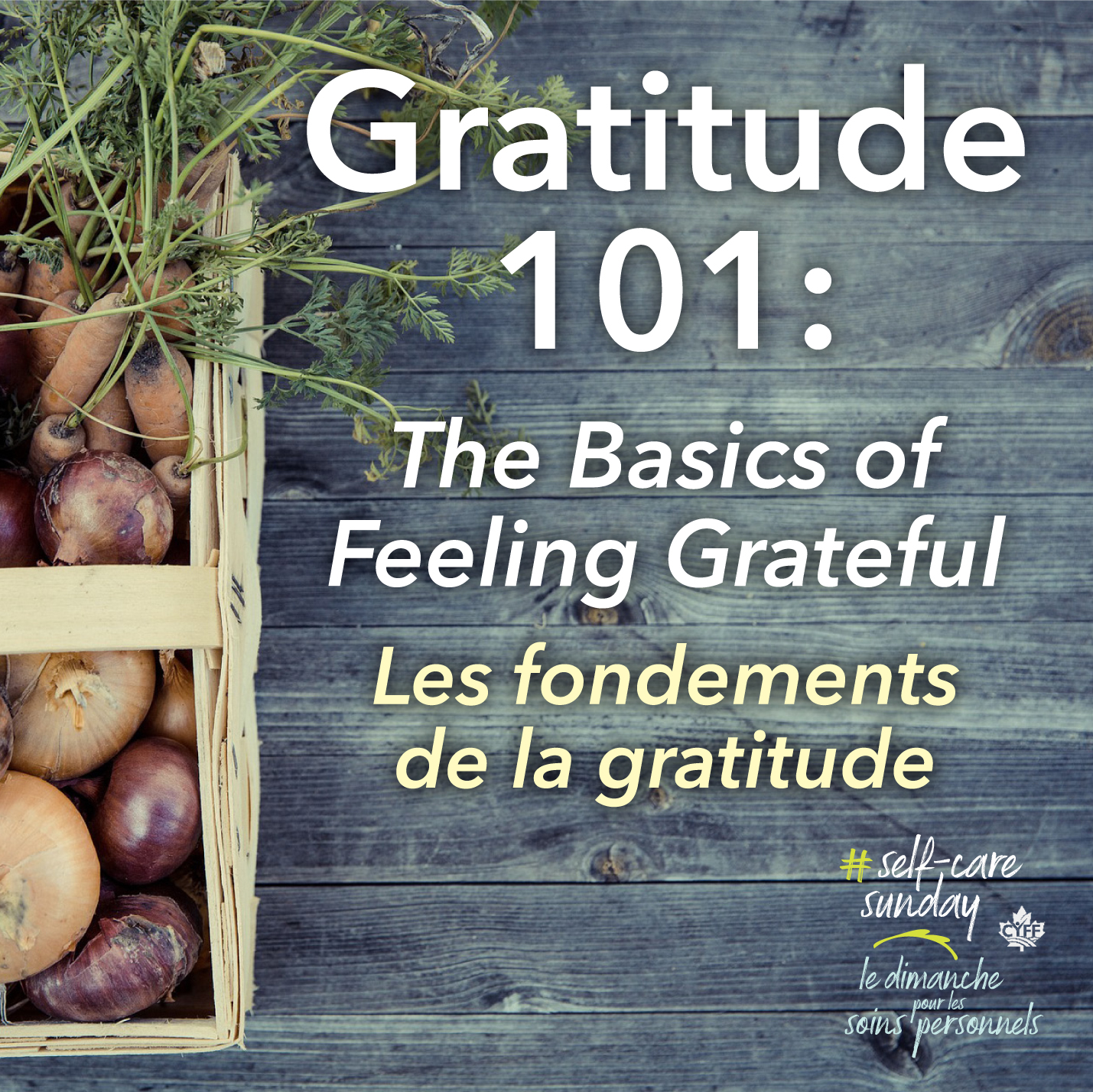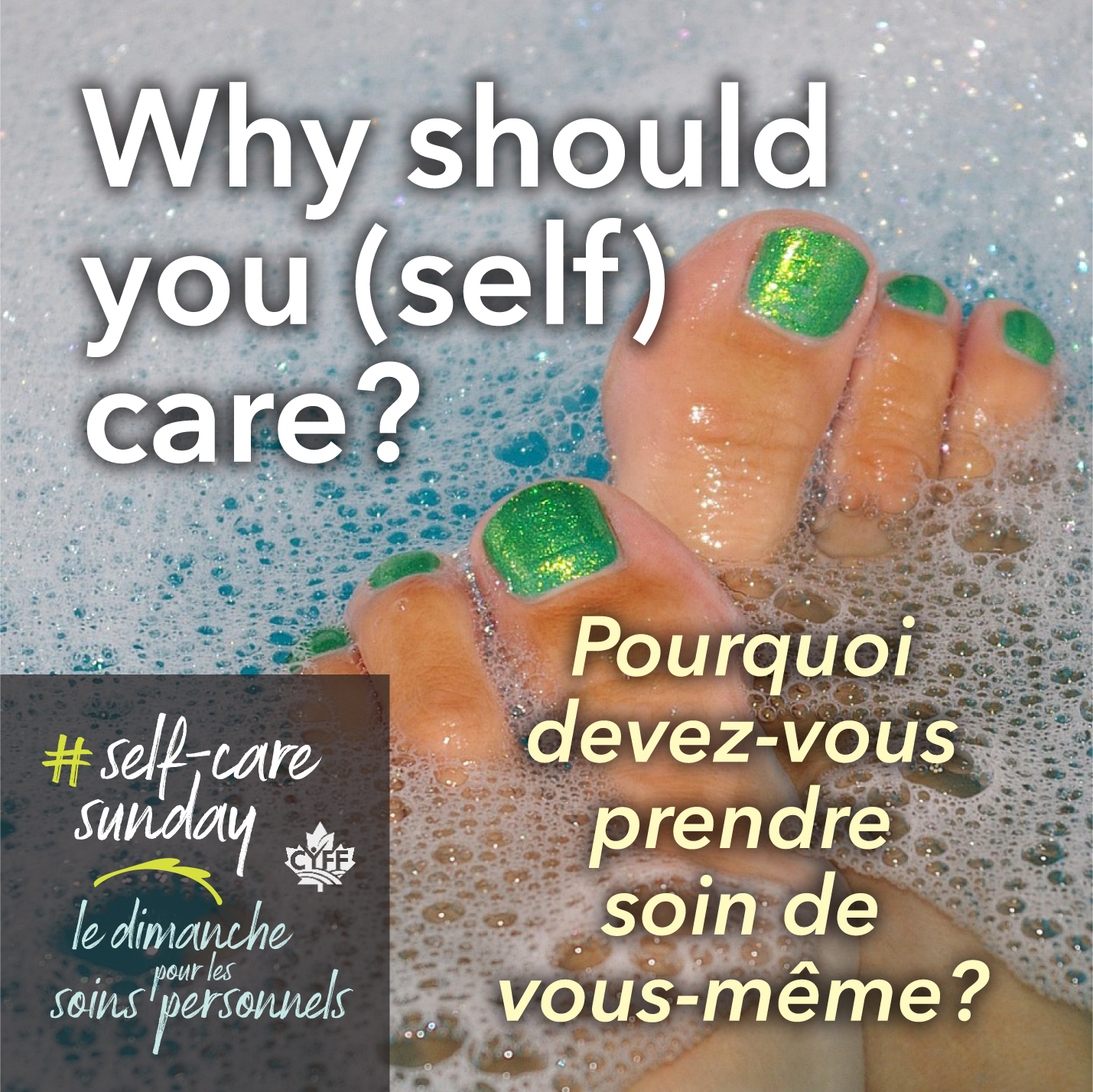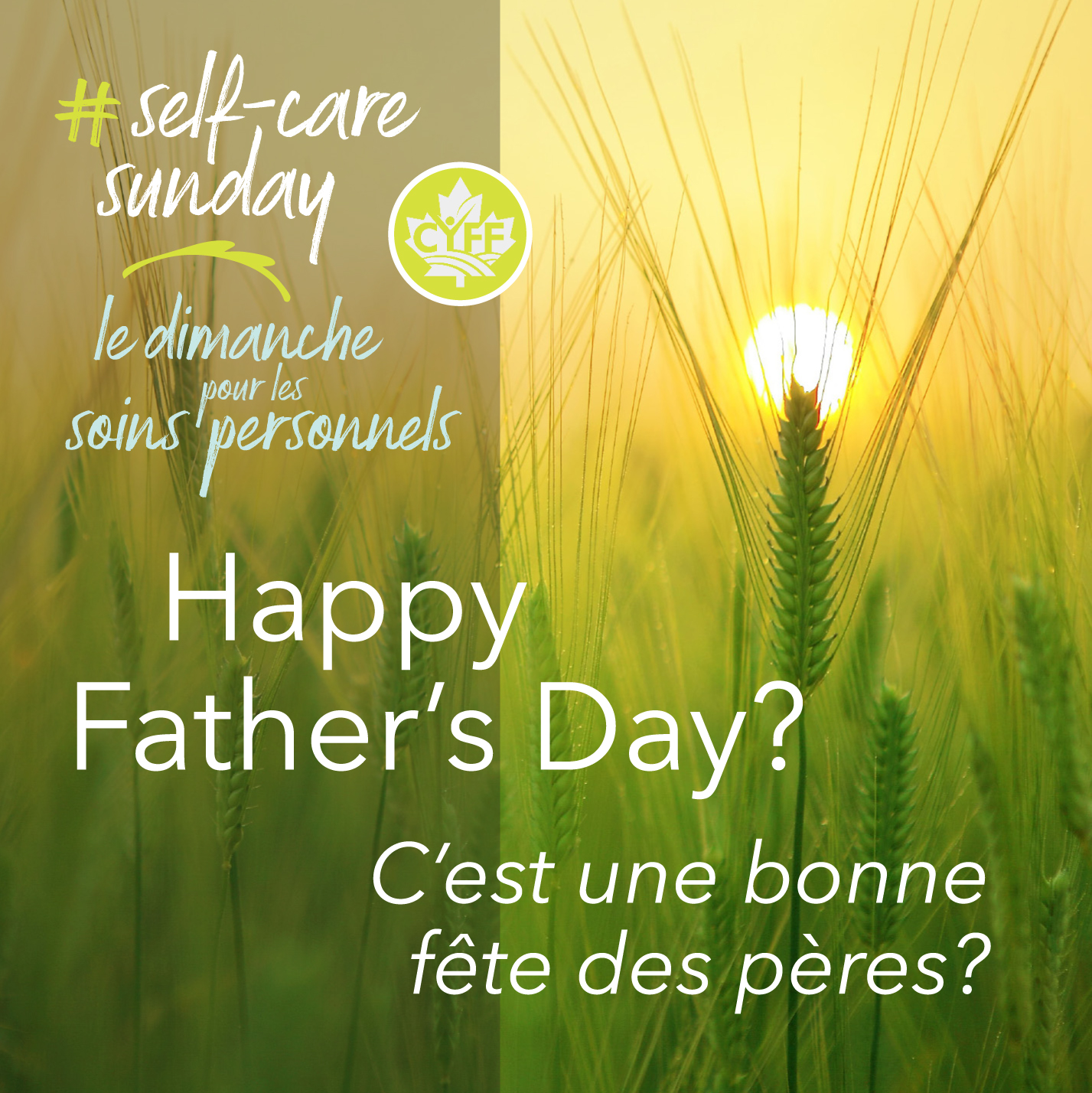
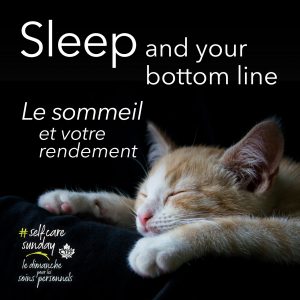
by Jess Campbell
Your lack of sleep is affecting your bottom line.
No, really.
Everybody knows they should be getting more sleep. But if anybody has a good excuse for not following through with that particular ‘should,’ it’s farmers. After all, there are always animals to care for, machinery to fix, fields to plant or harvest, cows to milk, meetings to (virtually) go to, and so on.
All in the name of the farm business.
But what if that farm business was being directly and negatively affected by your chosen lack of sleep? Because let’s be real: you choose not to get enough sleep. Sorry, but it’s the truth. Just like every other should or maybe in your life, you choose not to prioritize your sleep, for better or for worse.
You stay up to watch Fallon or Kimmel.
You stay up to read just one more chapter. (Ahem, guilty.)
You stay up because it’s the only point in the entire day you get some time to yourself and it’s quiet enough to hear your own thoughts.
Understandable. But also?
Unhelpful.
WHAT EXACTLY IS SLEEP DEPRIVATION?
According to the Government of Canada, 1 in 2 adults have trouble going to sleep or staying asleep, 1 in 5 adults do not find their sleep refreshing and 1 in 3 adults have difficulty staying awake during waking hours.[1] It’s safe to say that sleep deprivation is not uncommon, but that doesn’t mean you can just ignore it.
Sleep deprivation means, quite simply, that you’re not getting enough sleep. “The difference between how much sleep you need and how much sleep you’re actually getting is called sleep debt,” says Dr. David Posen, a stress counsellor and expert on stress and lifestyle management. “If you need eight hours of sleep a night and you get seven, you have a sleep debt of one hour. If that goes on for an entire week, you now have an accumulated sleep debt of seven hours which is the equivalent of losing almost a full night’s sleep every week!”
It’s easy to Google how much sleep a person your age should be getting; in fact, adults between the ages of 18 and 64 are recommended to get between eight and nine hours of sleep per night.[2] But that recommendation doesn’t account for individual needs – or occupation.
And yet, sleep deprivation affects us all, and in very negative ways. So, how do you know if you’re sleep deprived in the first place?
Dr. Posen has five criteria he uses with his patients when talking about sleep deprivation. “Discerning how much sleep you need is very interesting because a lot of people think they need less sleep than they actually do. First, do you need an alarm to wake you up every morning? If you need an external source to wake you up then you’re probably not getting enough sleep. Second, do you wake up feeling rested or tired? Third, how’s your daytime energy? Do you start to get sleepy after lunch or crash on the couch after supper? Fourth, how much sleep do you get when you don’t have to wake up, for example, when you’re on vacation? And finally, how quickly do you fall asleep at night? It takes about 12 to 15 minutes to fall asleep naturally when you’re fully rested. If you fall asleep immediately, generally, that means that your body is so desperate for sleep that it just plunges you into sleep at the first opportunity.”
THE BUSINESS OF SLEEP
If you’re thinking you’re pretty sleep deprived, know that you’re not alone. But does it really matter to your business that much? There are always jobs that need doing on the farm; the work never stops and the demands on your time neve cease. So why not stay up a little bit later to get more work done, right? Or at least, stay up to watch Netflix and get some time to yourself.
Not so fast, says Dr. Posen. “Here’s how sleep deprivation affects you. You’re physically tired. It affects mental function: decreased concentration, decrease in short-term memory. You feel ‘fuzzy’ or ‘foggy.’ It affects your mood: you’re irritable, more easily frustrated, impatient, maybe quicker to anger. Just less affable and less easy to get along with. Sleep deprivation also clouds your judgement and slows your reflexes. Where that’s relevant, of course, is with sleepy drivers. People falling asleep at the wheel or being too slow to react and getting into accidents. Sleep deprivation also suppresses the immune system. We produce t-lymphocytes when we sleep. Those are the white blood cells that fight infection. So, when you’re sleep deprived, you’re more likely to come down with a cold or a flu. Of course, in this time of COVID, you don’t want your immune system compromised in any way. So, getting enough sleep is very important for your immune system. Do you think all of those things affect your bottom line? Uh, YEAH.”
Dr. Posen also makes an excellent point about sleep deprivation and your mental health. “Almost half the patients I see who are referred for stress counselling actually present with symptoms of depression as well as anxiety. When people are chronically sleep deprived, their mood is depressed. Sometimes, that can look like a major depressive episode. Other times, it’s just that you’re feeling a little down, a little flat and so on. Other than the impairment of judgement and the slowing of reflexes, all of those other symptoms – physical fatigue, decrease in mental performance, effects on mood and immune system, etcetera – those are also all symptoms of stress. Sleep deprivation raises cortisol levels; cortisol is the main hormone in chronic stress. So, sleep deprivation not only makes us more stressed, it also makes us less able to adequately handle stress in the first place! It’s a vicious cycle.”
GET. MORE. SLEEP.
If you’re not thinking that sleep deprivation is a serious problem by now, you must be too tired to understand what you’re reading (#kiddingnotkidding). But say you’re just awake enough to understand that you really do want to get more sleep. How would you even go about it?
Dr. Posen says there are three basic ways to get more sleep.
“The most physiological way is to go to bed earlier. Go to bed a half hour earlier for a few nights, and keep adding a half hour until you can wake up at your desired time without an alarm feeling well rested and have good daytime energy. The second is sleeping in which, for farmers, is not a realistic option unless they trade off with someone. If you can do that, do it. It’s a way of making up some of the sleep debt but it’s not as effective as going to bed earlier. The third is power naps. Five to twenty-minute naps during the day to recharge your batteries can be very helpful. Just make sure you’re not napping too late into the afternoon because that will make it too close to bedtime.”
Dr. Posen says that good sleep hygiene (healthy sleep habits) is also important when it comes to getting more – and better quality – sleep. And while there are many things to implement, such as no screens an hour before bed or no caffeine six to ten hours before bed, Dr. Posen has some straightforward advice to help you get more shut-eye. “Your bedroom needs to be dark, quiet and cool. If you’re too warm, you won’t get into a deep sleep; the quality won’t be as good.”
If we’re being realistic, it’s important to acknowledge that you probably already know you should be getting more sleep. But change is hard, especially when you have a farm business (not to mention family, friends, community, hobbies, etc.) pulling you in all directions. How can young farmers – or anyone, really – actually stick to their resolve to get more sleep? Dr. Posen’s answer might surprise you. “Life is made up of trade-offs. The trade-off of getting a good night’s sleep every night is hard to beat. The best way to convince people to do what they know they should be doing and change their habits is to get them to do it as an experiment. Once you experience the benefits of the changed behaviour – in this case, better and more sleep – that’s what reinforces it.”
[1] https://www.canada.ca/en/public-health/services/publications/healthy-living/canadian-adults-getting-enough-sleep-infographic.html
[2] https://www.canada.ca/en/public-health/services/publications/healthy-living/canadian-adults-getting-enough-sleep-infographic.html

by Jess Campbell
Being an introvert has become quite a trendy buzzword as of late. If you’re on any kind of social media, it’s easy to find loads of people celebrating their introvertedness, although in a way that’s quite the opposite of ‘loud and proud.’
On the other hand, there is talk of introverts being ashamed of being so quiet, of enjoying alone time and revelling in time spent in small groups as opposed to having big, exciting adventures like their extroverted counterparts are revered for doing.
Except, that’s not really what introversion and extroversion are all about.
And we haven’t even gotten to ambiversion yet. (#waitwhat)
Whether you’re an extrovert, introvert or somewhere in between, you’re still a human being; you still feel and are affected by stress. And how you process that stress is determined by whichever one of those three descriptors you happen to identify with. Trendy buzzword or not.
THE THREE ‘VERTS
The first thing to get clear on when it comes to how you process stress is what it means to be an introvert, extrovert or ambivert. Dr. David Posen is a stress management expert as well as an author, keynote speaker and practicing stress counsellor out of Oakville, ON. He has a surprising twist for you when it comes to understanding these three terms. “They were coined by Dr. Carl Jung in the early 1920s. They don’t have to do with how outgoing you are; they have to do with where you get your energy. The physiological basis is really interesting and has to do with baseline electrical brain activity and arousal. Introverts and extroverts have a different level of baseline activity and arousal in the brain. I always ask people who they think has more and they almost always say extroverts. But it’s exactly the opposite: introverts have a higher level of baseline brain activity.”
There’s a physiological reason why extroverts are so outgoing and introverts are not, says Dr. Posen. “Introverts get overloaded, uncomfortable and exhausted when they experience too much external stimulation, whereas extroverts need more external stimulation to thrive. Why? Because extroverts have a lower than optimal level of arousal; they need that stimulation, whether it’s people, sound, light or whatever, to increase their brain function. Introverts don’t need that because they, by nature, already have that higher than optimal level of arousal. So, it’s easy to see how being in highly stimulating situations can be stressful for introverts.”
For those who don’t identify with either introversion or extroversion, there’s a term for you, too: ambivert. “If you think of introversion on one end of a spectrum and extroversion on the other, ambiverts are in the middle. It’s not that you’re one or the other; it’s a tendency. But identifying as someone in the middle, as an ambivert, is a real thing. And in general, people actually tend toward ambiversion as they get older.”
STRESS & THE ‘VERTS
Identifying as an introvert, extrovert or ambivert has a lot to do with stress – especially for introverts, and especially when they get overloaded.
“If there’s too much going on around them, introverts tend to withdraw. Experiencing an overload of external stimuli is hard on introverts. Conversely, extroverts might find it stressful to be in a calm, quiet environment, causing them to feel impatient or bored. This is important to realize when it comes to how people process and manage the stress in their lives. Introverts need recovery time when they’re overloaded whereas extroverts need a little more action and activity.”
Another interesting aspect is how caffeine and alcohol have different effects on each group. Dr. Posen explains. “Caffeine is a stimulant that triggers a stress reaction; it has more of an effect on introverts than on extroverts. Introverts already have a higher level of stimulation; if you add a stimulant, it just pushes them higher. On the other hand, caffeine can actually be helpful in raising the level of arousal in extroverts. Conversely with alcohol, because it has a sedating effect, it can actually help to lower stress and arousal levels in introverts. Extroverts just get sleepy.”
Because of their differing effects, it’s helpful to know what impact these two substances are having on you, and to use them more mindfully.
If you identify more as an ambivert, you still need to monitor your stress and energy levels. “As an ambivert, you can be more quiet and introverted without finding it difficult or getting bored, or more extroverted without it draining you. No matter what, getting to know yourself is the key. But getting to know and understand other people is also vastly important. Have respect for other people’s tendencies, try to understand where they’re coming from and don’t expect them to be who or what they’re not. My motto is live and let live.”
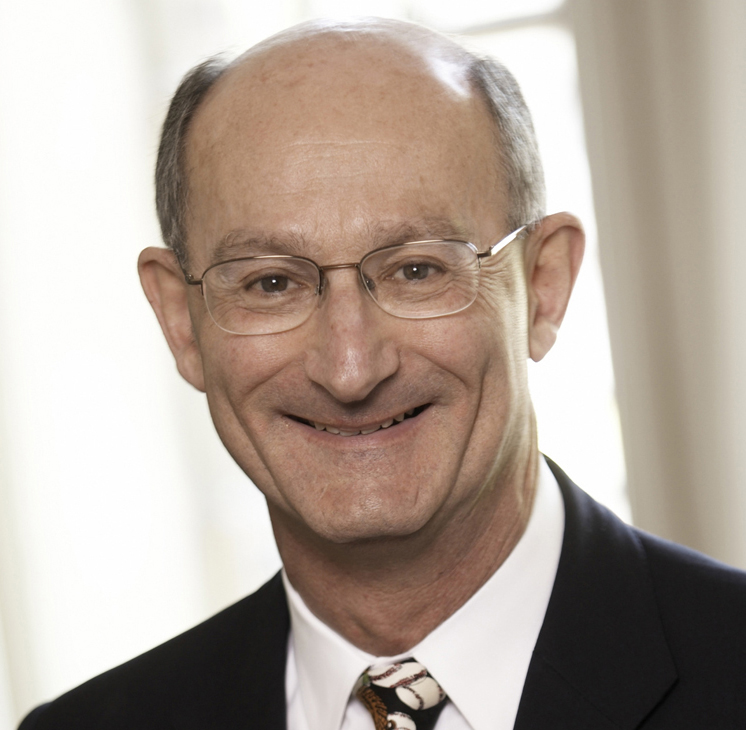
DR. DAVID POSEN
Stress management
Lifestyle Counseling
Psychotherapy
Dr. David Posen was a family physician for 17 years before devoting his time exclusively to stress management, lifestyle counseling and psychotherapy in 1985. As both a keynote speaker and seminar presenter, David has spoken widely to education, government, business and professional groups across North America. David is the best-selling author of five books: ALWAYS CHANGE A LOSING GAME, STAYING AFLOAT WHEN THE WATER GETS ROUGH, THE LITTLE BOOK OF STRESS RELIEF, IS WORK KILLING YOU? and AUTHENTICITY. His magazine articles have appeared in Canadian Living and Readers Digest as well as several medical journals. David has appeared many times on TV and radio across Canada and has been quoted in many leading U.S. media outlets. Married with two adult children, David lives and works in Oakville, Ontario. In addition to his busy schedule of seeing patients, writing and public speaking, he is an avid reader, musician, baseball and tennis player.
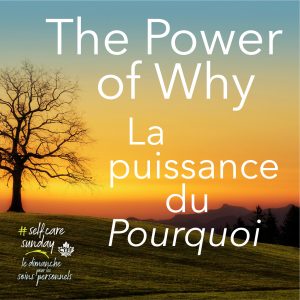
by Jess Campbell
If you could change the way you move through your day, would you? Because that change – and the way you manage stress – may not be as hard you think.
There’s a poignant phrase that says if you don’t have your health, you don’t have anything. Now, if there was a year where this phrase has become utterly apparent, it’s certainly 2020. Never has there been a better time – since many of us are working from home full time now – to check in with your physical and mental health.
Being aware of how you’re feeling each day is a good idea but checking in with ourselves is not something we’re taught how to do. In fact, most people go through life, doing the things they do simply because that’s what they’re supposed to do or because that’s the way it’s always been done. These are certainly familiar explanations for young farmers, especially those who work with older generations.
But what if you’re not happy with the way things are going? Worse yet, what if your body or your mind aren’t happy and you’re experiencing stress, depression, anxiety or chronic illness as a result?
If this sounds familiar, then you already know you essentially have two choices: continue to live your life the way you have been, or change.
Change is a scary concept, but that doesn’t make it impossible. As it turns out, understanding why you want to change – or why you want or need or do anything – holds more power than you could possibly imagine.
STARTING WITH WHY
Have you ever taken a step back from a situation and asked yourself, ‘Why am I doing this?’ Truly understanding that answer is the first step toward personal change and leading a life of intention, or so says Angela Marshall, a life and wellness coach from Saskatoon, SK. “Your why is very personal,” she says. “It’s about understanding how you want to feel and how you want to live in your life, being more conscious as opposed to just moving through your life on autopilot. Regardless of whether you’re a farmer or a stay-at-home mom or in the corporate world, it’s about knowing how you approach your life.”
Why does living a life of intention even matter? One could say that it’s better to live with intention than to live in a constant state of reactionary stress, keeping your fight-or-flight mechanism switched on all the time and never being able to fully relax and be present. So how do you live with intention? You guessed it.
Know your why.
HOW TO KNOW YOUR WHY
Understanding why you do the things you do can help you to change the way you feel about what’s going on around you. But the beauty is, you get to choose how you feel, and that choice comes from knowing why you want to feel that way. “What we’re looking for is to get really clear on who you are and how you want to show up in the world,” says Angela. “There needs to be a reason to care about how you feel. And most people don’t ever think about that; they don’t consider it. It’s not something we’re told we need to do.”
The key here is to have an emotional response to why you’re doing what you’re doing. If you want to eat healthier simply because you want to look good in a bathing suit next summer, the odds of you developing healthier, lasting eating habits are slim (no pun intended) because there’s no emotion involved. You’re still likely to wear a bathing suit next summer regardless of your eating habits.
However, if your desire to eat better is connected to your desire to live well into your 90s and be around to see your kids grow up or because you want to be physically stronger and make farm work easier, you’ll be much more likely to develop better eating habits and keep them consistent over time since you’re emotionally connected to your reason for eating better.
Opening your mind to your why can lead to heightened self-awareness and a powerful mindset shift, helping you show up for yourself and live life on your terms. Yes, putting in the work to change can be scary – but it’s absolutely worth it. And so are you.

ANGELA MARSHALL
Functional Diagnostic Nutrition Practitioner
Holistic Health & Life Coach
Angela Marshall is a Certified Functional Health and Life Coach and Mindfulness Meditation Teacher. Her health coaching practice includes mindfulness and meditation and began after she had chronic health and pain issues that she was wanting to heal. With her own healing she then become a teacher of Mindfulness Based Stress Reduction with Dr. Jon Kabat Zin and expanded to other meditation practices. A firm believer in the benefits of meditation, Angela loves to teach people how to stay grounded and centered when approached with difficult or stressful situations with more patience and a clearer mind. In addition, Angela is a Functional Diagnostic Nutrition Practitioner and Integrative Health coach. She believes in the body’s innate ability to heal and be in its natural state of well-being when we give it the right environment to do so.


